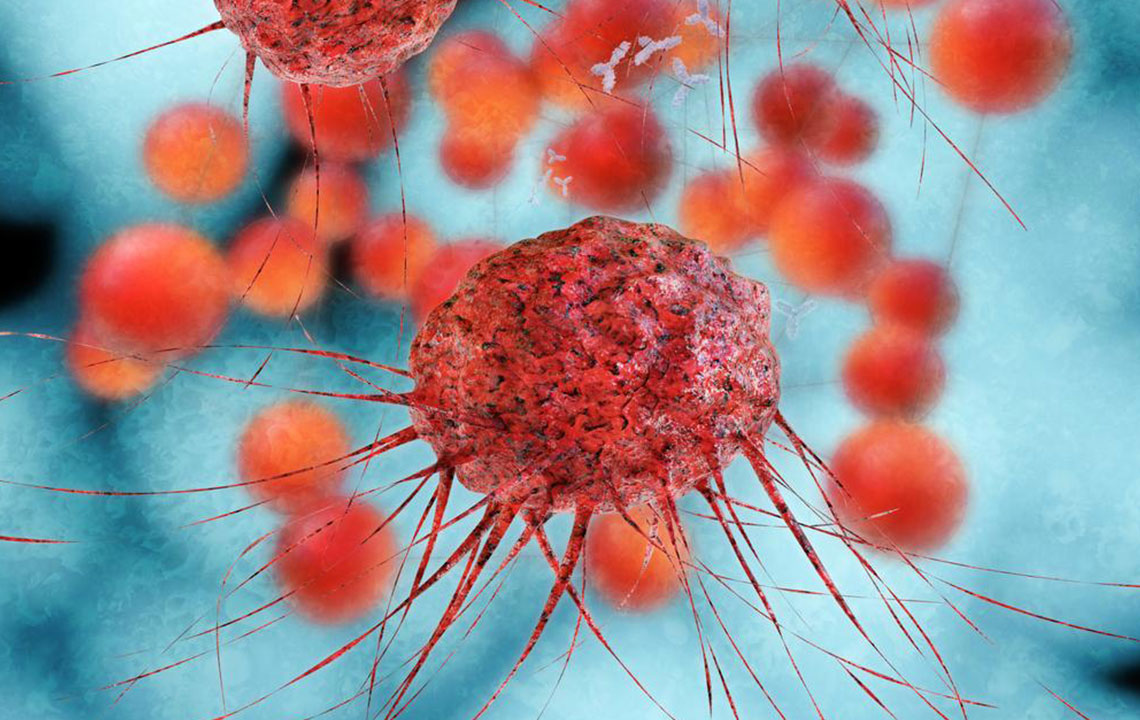Comprehensive Guide to Advanced Prostate Cancer: Symptoms, Prevention Strategies, and Treatment Options
This comprehensive article provides an in-depth overview of advanced prostate cancer, including its symptoms, diagnosis, prevention, and treatment options. It emphasizes the importance of early detection, healthy lifestyle choices, and personalized treatment strategies to improve patient outcomes. Covering the progression from initial symptoms to metastasis, the article aims to educate men and their families about managing and preventing advanced prostate cancer effectively.

Comprehensive Guide to Advanced Prostate Cancer: Symptoms, Prevention Strategies, and Treatment Options
Prostate cancer is one of the most common malignancies affecting men worldwide, especially prevalent among men aged 65 and older. It is a type of cancer that develops in the prostate gland, a small walnut-shaped organ located below the bladder that plays a vital role in male reproductive health. Understanding this disease, especially when it becomes advanced, is crucial for early detection, effective treatment, and improved quality of life. This comprehensive guide aims to shed light on the symptoms, preventative measures, diagnostic procedures, and therapeutic options related to advanced prostate cancer.
Prostate cancer generally develops gradually and often remains localized within the prostate during early stages. Many men may not experience any symptoms initially, which makes early detection challenging but essential. As the disease advances, however, symptoms become more apparent and can significantly impact daily life. Recognizing these signs early can lead to timely medical intervention, potentially improving prognosis.
The most common type of prostate cancer is adenocarcinoma, which originates from glandular cells within the prostate tissue. This form tends to grow slowly but can sometimes be aggressive. The progression of prostate cancer varies greatly among individuals, with some experiencing indolent disease that remains stable over years, and others facing rapid growth and metastasis.
Symptoms of Early-Stage Prostate Cancer
Persistent difficulty urinating or a weak urine stream
Frequent urination, especially at night
Discomfort or pain during urination
Blood in urine or semen
Discomfort or pain in the pelvic area
Erectile dysfunction or changes in sexual function
Signs of Advanced Prostate Cancer
When prostate cancer reaches an advanced stage, symptoms often depend on the extent of spread and the specific organs affected. Bone metastasis is common in advanced cases and can result in severe pain, fractures, and mobility issues. Liver metastasis may cause jaundice, abdominal swelling, and discomfort. Pulmonary spread can lead to chest pain, shortness of breath, and persistent cough. If the cancer spreads to the brain, symptoms like headaches, seizures, dizziness, or neurological changes may occur.
Potential Complications Linked to Advanced Prostate Cancer
Erectile Dysfunction: Frequently resulting from treatments such as prostatectomy, radiation therapy, or hormone therapy, erectile dysfunction can impact mental health and relationships. Various management options, including medications like PDE5 inhibitors, vacuum erection devices, and surgical implants, are available to address this issue.
Urinary Incontinence: Both the disease progression and therapeutic interventions can cause urinary control problems. Management strategies include pelvic floor exercises, medications, or surgical procedures, depending on severity.
Diagnostic Procedures for Advanced Prostate Cancer
Accurate diagnosis is vital for appropriate treatment planning. Physicians utilize a range of diagnostic tools, including:
X-rays and Ultrasound
Magnetic Resonance Imaging (MRI): Offers detailed images of prostate and surrounding tissues.
Computed Tomography (CT) Scans: Used to assess the spread to lymph nodes and other organs.
Bone Scans: Detect potential metastasis to bones.
Positron Emission Tomography (PET) Scans: Provide metabolic imaging to identify cancer spread.
Biopsies: Often performed after abnormalities are found, allowing for precise histological analysis and tumor grading.
Strategies for Preventing Advanced Prostate Cancer
While genetics play a role, lifestyle factors significantly influence prostate cancer risk. Implementing healthy habits can reduce the likelihood of disease progression.
Diet: Consuming a diet rich in fruits, vegetables, and whole grains is beneficial. Specific foods such as tomatoes (rich in lycopene), fatty fish (high in omega-3 fatty acids), soy products, broccoli, kale, and olive oil have been associated with lower risk. Conversely, red and processed meats, excessive dairy, and foods high in saturated fats may elevate risk levels.
Physical Activity: Regular exercise helps maintain a healthy weight, which is crucial as obesity correlates with increased prostate cancer risk. Engaging in aerobic exercises, strength training, and maintaining an active lifestyle can be protective.
Routine Screening: Regular PSA testing and digital rectal exams (DRE) are recommended for men over 50 or those with a family history, facilitating early detection and intervention.
Treatment Options for Advanced Prostate Cancer
Once diagnosed, treatment depends on several factors, including the stage of cancer, patient health, and personal preferences. Options include:
Surgery: Radical prostatectomy is often considered for localized or locally advanced disease, aiming to remove the entire prostate and surrounding tissues.
Radiation Therapy: External beam radiation or brachytherapy can target cancerous cells effectively, either as primary treatment or adjuvant therapy.
Hormone Therapy: Also known as androgen deprivation therapy (ADT), this treatment reduces testosterone levels, slowing cancer growth.
Chemotherapy: Used in cases where cancer has metastasized or is resistant to hormone therapy, chemotherapy can help control symptoms and prolong life.
Targeted Therapy and Immunotherapy: Emerging treatments aim to target specific genetic mutations or stimulate the immune system to attack cancer cells.
Advancements in precision medicine continue to improve outcomes for patients with advanced prostate cancer, offering more personalized treatment plans and better quality of life.
In conclusion, understanding the complexities of advanced prostate cancer empowers men and their families to seek timely diagnosis, adopt healthier lifestyles, and explore effective treatment options. Regular screenings and awareness of early warning signs are key elements in improving prognosis. Medical advancements continue to enhance the therapeutic landscape, providing hope for those affected by this disease.





